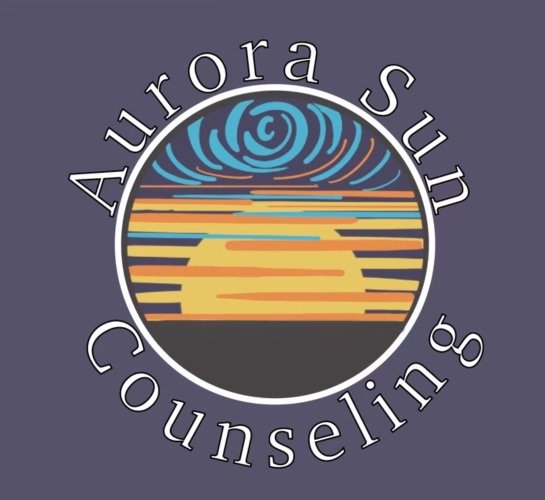Are the holidays stressing you out?
Holidays. When you think of traditional holidays, are you filled with images of big families getting together, eating food, and having a good time? I’d be surprised if you weren’t!
This is the stereotypical image that is portrayed on social media and in popular culture through movies and television. Is this reality though? For many of us, the answer is a resounding no.
This can leave many of us with unresolved feelings of guilt and shame:
What is wrong with my family? Why aren’t we like that?
Why do I dread the holidays?
Why don’t I enjoy family gatherings like everyone else?
When there are images of happy families and holiday gatherings, it can amplify our “bad” feelings by reminding us of what we don’t have or don’t feel. When we are in a place of negativity, cognitive distortions can run rampant.
What are cognitive distortions? Simply put, they are negative thought patterns that are not necessarily based on reality or fact, but we hold true. They can enforce our negative biases and make it harder for us to pull ourselves out of the mud, so to speak. They perpetuate our feelings of depressing/anxiety/loneliness etc.
What does this have to do with the holidays? Well, it can be very easy to focus on “everyone else” having pleasant gatherings and experiences around this time of year, and feel like we are the only ones who aren’t having those same feelings and experiences.
What’s wrong with me?
Nothing is “wrong” with us whose holidays don’t look like a Hallmark card! It’s important during times like these to remember that we are not alone in feeling this way- even though we may feel like we are on an island, struggling by ourselves.
So why exactly are the holidays such a hard time for many?
Family gatherings can involve many complicated interpersonal dynamics that may be triggering:
Aunt Susan on her fifth glass of wine and it’s not even noon.
Mom and Dad feel the need to remark (yet again) on the way you dress or other life choices you’ve made.
Great Uncle Bill wants to harp on you for the millionth time about your choice not to go to college.
Grandma continues to bring up uncomfortable political issues, despite the fact that no one wants to get into it with her.
And that’s just the start!
If you have sensory issues, holidays can be loud, smelly, bright- in short, majorly overstimulating. When overstimulated, it can be hard to regulate our emotions, let alone have a good time! Compound that with family or friends who seemingly don’t “get it”, and you can be left feeling anxious, dysregulated, and absolutely miserable.
Routines are in upheaval, which can be unsettling. We get burnt. out. Financial stress can increase guilt if we feel social pressure to buy gifts for friends and family.
For individuals struggling with eating disorders, the thought of gatherings largely centered around food comes with many challenges as well. It feels inevitable that cousin Wendall will have to bring attention to you, loudly asking something like, “Why aren’t you eating more?!” or make some other rude observation.
For others, the holidays seemingly amplify the loneliness or grief we feel as we remember loved ones who aren’t in our lives anymore- whether it be due to their passing or other circumstances. Some of us have needed to distance ourselves from family who have negative effects on our mental health.
There are also cultural considerations- if you don’t celebrate the holidays in the same way as many others around you, this can be an isolating feeling. In addition, holidays like Thanksgiving have a complicated history- instead of a celebration, it can be a painful reminder of brutality against indigenous peoples in our country.
So what do we do?
Well, reminding ourselves of the fact that this time of year is not necessarily pleasant for many can help battle the cognitive distortions that reenforce our negative feelings.
Boundaries become of paramount importance when spending time around our families. Unfortunately, setting boundaries feels uncomfortable for so many of us… and we tend to feel particularly guilty when doing so with our families.
This is your reminder that not only are boundaries important, but they are normal and necessary. When you set limits on what you’re comfortable with and what’s okay (or not), it helps build/maintain trust with the people around you. It’s also healthy for your self-esteem, as it establishes you as someone who is worthy of being treated in a kind, respectful way.
Take a look at how you feel, and what you’re capable- and willing!- to do. It’s not worth stressing yourself out to an unhealthy level in order to meet others’ expectations. It’s okay to say no.
Lastly- if you’re struggling around the holidays, find someone to talk to. That may be a professional, a friend or loved one who is supportive and understands what you’re going through, a mentor… but don’t suffer in silence. Remember that you deserve happiness, even if that means choosing not to participate in certain activities or gatherings.
I hope this blog was helpful! We here at Aurora Sun Counseling wish you all a peaceful holiday season, however you choose to spend it.
Thanks for reading!
-Alisha

